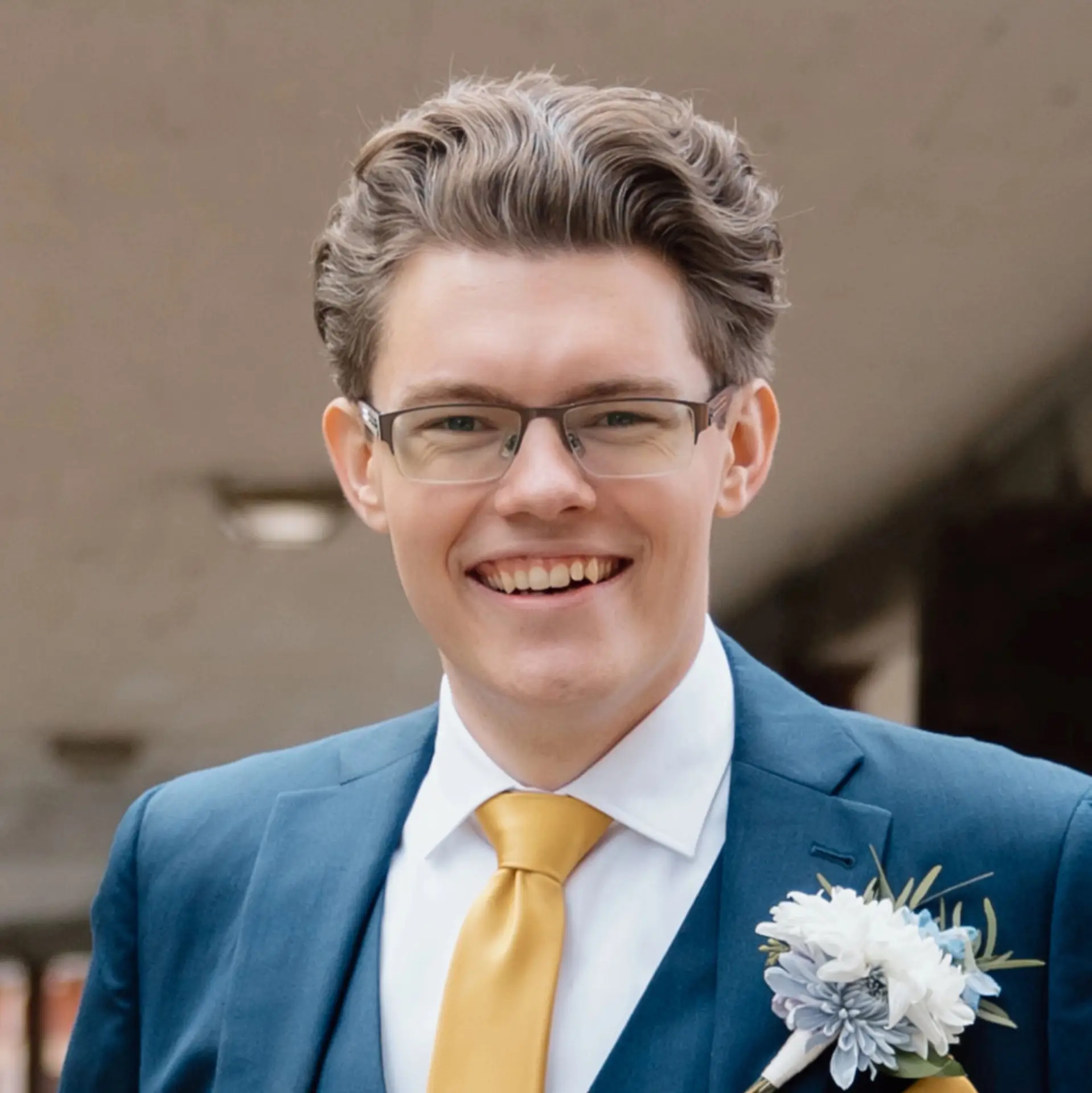What is a post-high school training program?

“Finish high school, go to college.” That’s been the expectation for young Americans for as long as most of us can remember. When someone said that they had a degree in a particular field, that was a strong indication that they had an advanced set of knowledge and skills relating to that area of study, and they were likely working in a good job in that field as well.
In 2024, that’s no longer the case.
According to a study from Gallup, the number of US adults who view a college education as “very important” has dropped significantly. This is especially true among young adults: the number of 18-29 year olds who have a high esteem of college has been nearly cut in half.
Young adults have good reason to be skeptical: according to data from Statistia, the average annual income of a college graduate was close to the same in 2022 as it was in 1990: $52,000. While that may not look awful on paper, when you factor in inflation, that’s a 57.6% drop in value. And, considering the fact that the cost of college tuition has increased 180% since 1980, which contributes to most graduates having to pay off student loans for the next 20 years, it’s reasonable to come to the conclusion that a 4-year degree is no longer a wise investment.
So, if a college degree isn’t the answer, but a student is still looking for a program that will equip them to succeed in the real world, what other options are out there?
Post-high school training programs are similar to college in that they are designed to help students prepare to launch into the real world. However, the way in which they go about doing that is vastly different. Let’s explore some of the ways that post-high school training programs are designed to set young adults up for success.
The future of education in your inbox.
Get productivity tips, commentary, and Unbound updates sent to you!
Designed for Success in the Real World, not Academia
Despite bold claims of career preparation, most graduates of traditional four-year universities are left woefully unprepared for the jobs they hope to work in the real world. For the past four years, they’ve been reading textbooks, listening to lectures, writing papers, and occasionally doing group projects. While the topic of each of these things might be related to the field they’re interested in, the actual work that they’re doing is primarily academic, and has very little use in the real world.
Post-high school training programs are free from the constraints of academia, which allows them to teach students in a way that equips them for success in the real world, not just the classroom. For example, one of the core features of Unbound’s Ascend program is the Ascend Project. Each student takes on an ambitious project, which requires them to take an idea from concept to reality each year in the program.
An Emphasis on Practical Skills & Experience
Continuing the theme of real-world preparation, another difference between traditional college and post-high school training programs is the kind of skills that the programs are designed to teach. Few traditional colleges offer classes, resources, or guides on how to develop the practical skills necessary to succeed in the real world. Students are often left to find their own ways of learning these skills in order to translate their academic studies into real life application.
This is in addition to the fact that most colleges have limited opportunities for students to gain hands-on experience in their fields of interest. Some colleges do provide their students with opportunities to take on internships and co-ops, which are excellent ways to gain experience. However, these same experiences can usually be gained by actually getting a job in the field, which would also give the opportunity for earning money while learning, rather than spending it.
Unbound’s Ascend program is one example of a post-high school training program that is very intentional about practical skill development. Students have the opportunity to enroll in a Specialty Track, which gives them the opportunity to learn under a professional in their field of interest, and gain hands-on experience in fields like writing, art, and film. Every student also takes Navigate, which is a course that gives students an immediately applicable model for making wise decisions without stress and anxiety.
Certificates > Degrees
Finally, after four years of dedicated academic effort, traditional university graduates receive a college degree. While this achievement used to be practically a guarantee of a good job, employers are coming to realize that a college degree is no longer a valuable indicator of a good employee. In a recent study, only 8.7% of employers indicated that graduates from higher education institutions had ”relevant skills that today’s business community needs.”
Instead, many companies are now looking to certificates, rather than degrees, for proof of a potential employee’s knowledge and skills. For example, Google has recently introduced Online Certificate programs, which are designed to give students a working knowledge of a specific career field that is up-to-date, relevant, and backed by current industry professionals. Many top industries, from cybersecurity to digital marketing, are now shifting their emphasis to certain certifications when considering job candidates.
When students finish Ascend, they graduate with two high-level certificates in leadership and professional development. In combination with their project experience, and the real-world skills that they’ve learned through the program, Ascend students are set apart from their traditionally educated peers and ahead in the job market.
Want to learn more about Ascend, Unbound’s post-high school program, designed to train young adults to thrive? Schedule an appointment with our team today!

David Rethemeyer is the Marketing Coordinator for Unbound. He was a homeschool graduate by age 16, earned his BSBA through the Unbound program, and finished his MBA from Missouri S&T by age 21. He specializes in branding, content marketing, and digital advertising.
In his spare time, David enjoys gaming with friends, going for long runs on the Katy trail, tinkering with his computer, coming up with Words of Wisdom (ask an Unbound student to explain) serving at his local church, and eating absurdly spicy chicken wings.


